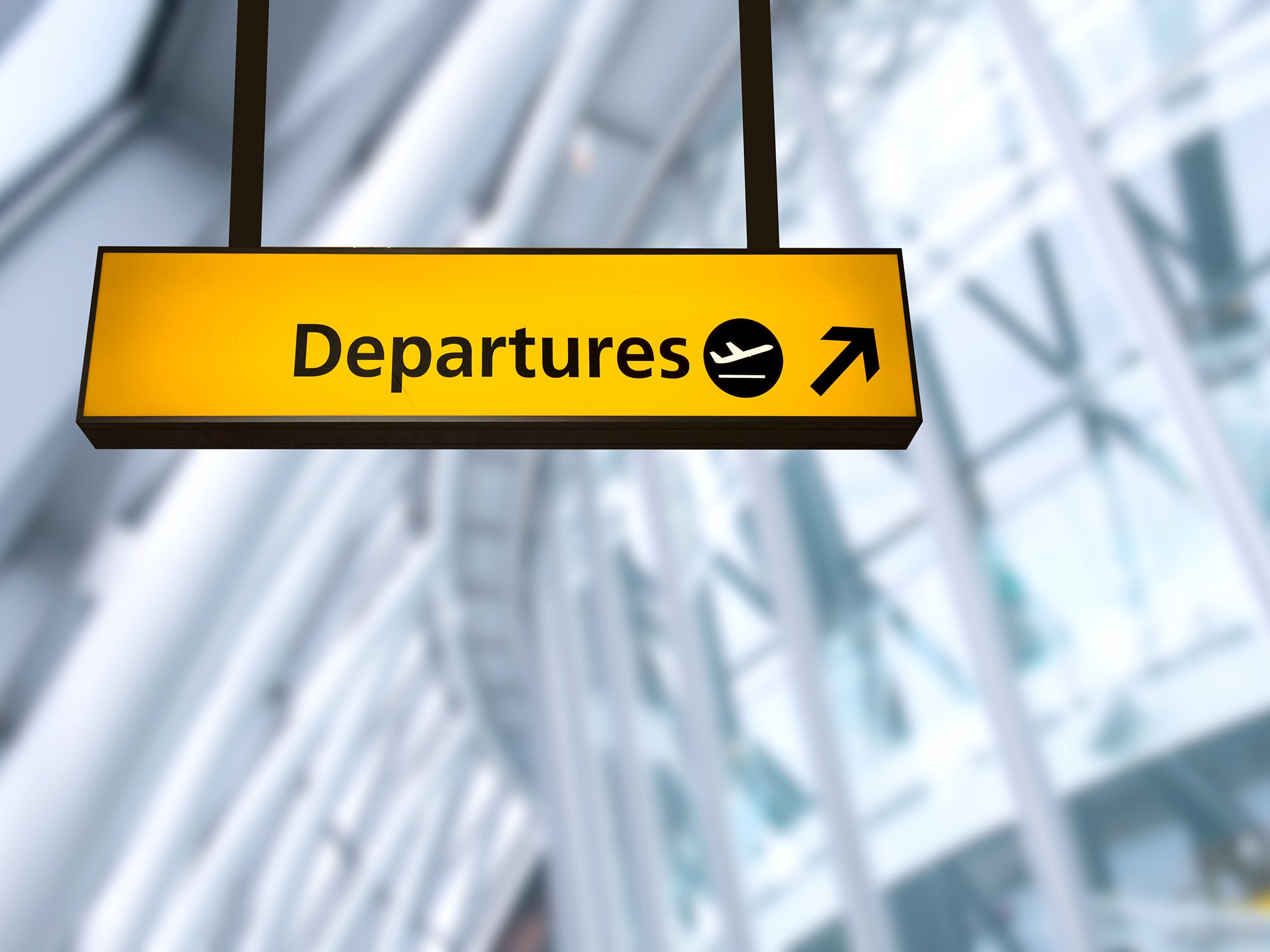Will European rail travel be back on track by summer?
Simon Calder answers your questions on European train trips, voucher refunds and hen parties


Q Most of the questions you receive seem to be about people wanting to fly to places in Europe this summer. I want to go there but, as is always my desire, by train – starting with Eurostar. I’m hoping to visit Switzerland in mid-July with my wife. What do you think is likely to be the possibility here, particularly given the need to travel through France, Belgium, Germany and possibly Austria by train?
Colin B
A Sadly, travellers who fly from the UK to Europe are around 10 times more numerous than those who go by train. And the coronavirus pandemic means longer-distance rail trips are currently particularly fraught. A tangle of international travel restrictions stands in the way of anyone seeking to travel overland from the United Kingdom to Switzerland and back.
The rules about leaving and returning to the UK are extremely strict, and each country imposes its own regulations on who can visit and what tests and/or quarantine are needed. Almost all of these rules need to fall away between now and July for your trip to go ahead.
How likely is that? Well, the UK is on a very comforting downward trajectory. But the new infection rates in France are four times worse, in Switzerland twice as bad and in Germany 50 per cent inferior to the UK, and it appears the situation may deteriorate still further before it gets better.
There is serious concern about the risk of travellers bringing cases back to the UK. On Saturday a prominent epidemiologist, Dr Mike Tildesley, told the BBC: “We are running a real risk if we do start to have lots of people going overseas in July, for instance, in August, because of the potential for bringing more of these new variants back into the country.”
Yet the government has already signalled it will probably ease restrictions from 17 May onwards, and I believe the re-entry requirement for the UK will reduce to a single pre-departure test. But if you have not yet planned your trip, I would keep it simple: plan only to visit France and Switzerland at this stage. Don’t buy any tickets yet, and if things ease up you will be able to make the most of the fabulous journey possibilities, including the Rhine Valley through Germany.

Q In January 2020, I booked a property sleeping 12 for my best friend’s hen party in late May, through a letting company. When it became clear that neither the wedding nor the hen party would be going ahead, I asked to postpone but was told by the property owner that it would be easier to cancel for a full refund and rebook. The property owner confirmed that a rebooking would also qualify for a refund if the law didn’t allow it to go ahead.
I rebooked a different and slightly large property, because numbers increased, for late May. We can’t take it up because the law by then allows only six people or two households. But now I’ve been told I can’t have a refund. What are my rights?
Name supplied
A Many letting companies have changed their conditions for the pandemic era, typically refusing free cancellations due to government action. And I am afraid that one property owner assuring you that a booking would be refunded is not relevant if you book with another property owner.
Happily, the Competition and Markets Authority (CMA) is on your side. It says: “Complying with government guidance is a very important part of stopping the spread of the coronavirus, and consumers should not be unfairly treated for doing so.” The presumption is that you should get a full refund when lockdown laws “have made it illegal to receive or use the goods or services”.
What if a company rewrites its terms to take account of the coronavirus pandemic? The authority says the same view applies: “Whilst each case will depend on the circumstances and the specific terms used in the contract, the CMA considers terms are likely to be unfair and therefore unenforceable if they prevent consumers from obtaining a refund in circumstances where lockdown laws mean that a contract cannot be performed as agreed.”
A business “may be able to deduct a contribution to the costs it has already incurred in relation to the specific contract in question” if it has, for example, bought extra beds to provide for a large party. But I don’t imagine this has happened.
If your reasonable request is declined, you might decide to go to Money Claim Online. But time is not on your side: either you cancel, to allow the host every chance to let the property (in which case you should get an automatic refund) or you keep the booking in the hope that the law changes earlier than planned, as the government’s roadmap suggests may happen. On page 41 it says the group of six/two household maximum may be relaxed, “depending on the data”.

Q If I accepted a voucher for an airline that subsequently imposes mandatory vaccination as a condition of flying, would I be entitled to get my money back?
John R
A There are two separate issues here. First, the vouchers. Hundreds of thousands of frustrated UK travellers are holding vouchers that have been issued in the past 12 months during the coronavirus pandemic. They broadly fall into three categories (which will be relevant later):
1. Your flight wasn’t cancelled, but because of the coronavirus pandemic you were unable/unwilling to travel – and your airline voluntarily issued a voucher even though the law did not require it to do so.
2. Your flight was cancelled, and you happily accepted a voucher because you knew you would be travelling on the airline again and you wanted to help its cash flow.
3. Your flight was cancelled, which should have meant you were immediately offered a full cash refund. You wanted your money back but the airline implied that a voucher was the best you could hope for due to the extreme circumstances – or simply made it nigh-impossible to claim a refund online.
Next, the likelihood of airlines requiring passengers to be vaccinated. I regard this as unlikely on most carriers – when the chief executives of leading British airlines were asked if they would mandate cabin crew being vaccinated, they chorused “no”. I infer from this that they will not require passengers to have had the jabs either. But there are airlines, including Qantas, which have speculated that vaccinations may be required.
In the improbable event that you are affected, let me outline the legal position as I see it.
Converting a voucher to cash in any circumstances for case 1 is likely to prove very difficult. The airline did you a favour and has no legal obligation.
In case 2, you could argue that the airline has introduced an onerous condition that annuls your previous agreement with them, and therefore you would like cash, please.
For case 3, I think you should easily secure a full refund with a robustly worded letter spelling out your position. But, as I say, I think the chances are low that you would be placed in this position.
Email your questions to s@hols.tv or tweet @simoncalder
Join our commenting forum
Join thought-provoking conversations, follow other Independent readers and see their replies
Comments

Bookmark popover
Removed from bookmarks